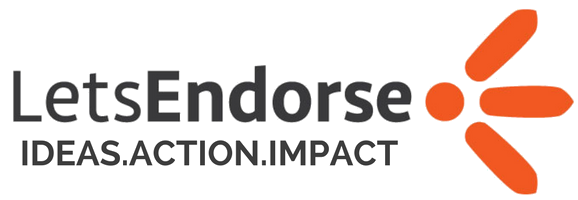The coronavirus pandemic saw unemployment rising to its highest level in 29 years (7.11% in 2020). Income stagnation and cost of basic necessities like housing, health, education also increased exponentially. The macroeconomic figures do not capture the realtime struggles faced by households from poor, low and middle income backgrounds. Moreover, alongside the economic slowdown, the pandemic also witnessed growing inequality, climate change and political dysfunction. These issues can be addressed and safety net, education, skilling, health, technological innovation, and an equal and inclusive society as well as climate responsiveness can be achieved using the social contract. Social Contract is a set of moral and political rules of behaviour which help preserve social order as well as the natural rights of individuals.
Collaboration between different members of the social contract
Virginia Held, in her book “Feminist Morality” had argued that the social contract theory had tacitly relied on a conception of the person as the “economic man” who entered into a social contract to maximise his own interests. She argued that viewing human relationships in pure contractual terms was an “impoverished view of human aspiration” and failed to capture other meaningful moral relationships among people and hence such a model should be supplemented by a model of care. The model of care can be adopted by committing to human rights and common good for all by the mechanism of mutual consent that creates consensus on “general will”. This, however, cannot be delivered by a single actor alone. Hence, collaboration between government, business and civil society is needed and the social contract should be framed accordingly. The pandemic calls us to rebuild trust among different members of the social contract by imbibing confidence, fairness, anti-corruption, accountability, transparency and communication among different actors. Democratic environment in society, at the workplace, and at the level of the government helps in such redefinition of the social contract based on the changing needs of the time.
Microenterprises help achieve equity
Microenterprises play an important role in achieving equity as they are either constituted by or they recruit and employ local community members including those facing financial hardships and include them into the microenterprise value chain. As per the 2019 IFC Report, up to 95% of all MSMEs are microbusinesses and 98% of women led MSMEs are microenterprises. Microenterprises faced liquidity issues during the pandemic and still continue to battle for business survival. Apart from lack of social mobility, women also face difficulties availing credit because of lack of ownership of assets and we support them by helping them access government entitlements (collateral-free loans) they are eligible for. Therefore, strengthening capacity of women owned or led microenterprises is also a way to enhance economic empowerment of women. Further, supporting micro enterprises not only serves the purpose of business creation and employment growth but also has a positive impact on enhanced health-education standards, intergenerational equity, safety and hygiene; hence also promoting reconstruction of societies after the pandemic.
LetsEndorse continues to recognise their responsibility under the social contract and works to implement the Mission Swavalamban in collaboration with SIDBI. We aim at boosting livelihoods and promoting self reliance among the unemployed and underemployed. We provide handholding support for business planning, digitisation, availing loans and building resilience capability.
https://www.economicsobservatory.com/how-has-covid-19-affected-indias-economy
https://www.e-ir.info/2012/10/09/the-social-contract-theory-in-a-global-context/
https://www.cipe.org/newsroom/defining-a-new-social-contract-the-role-of-business-in-democracy/

